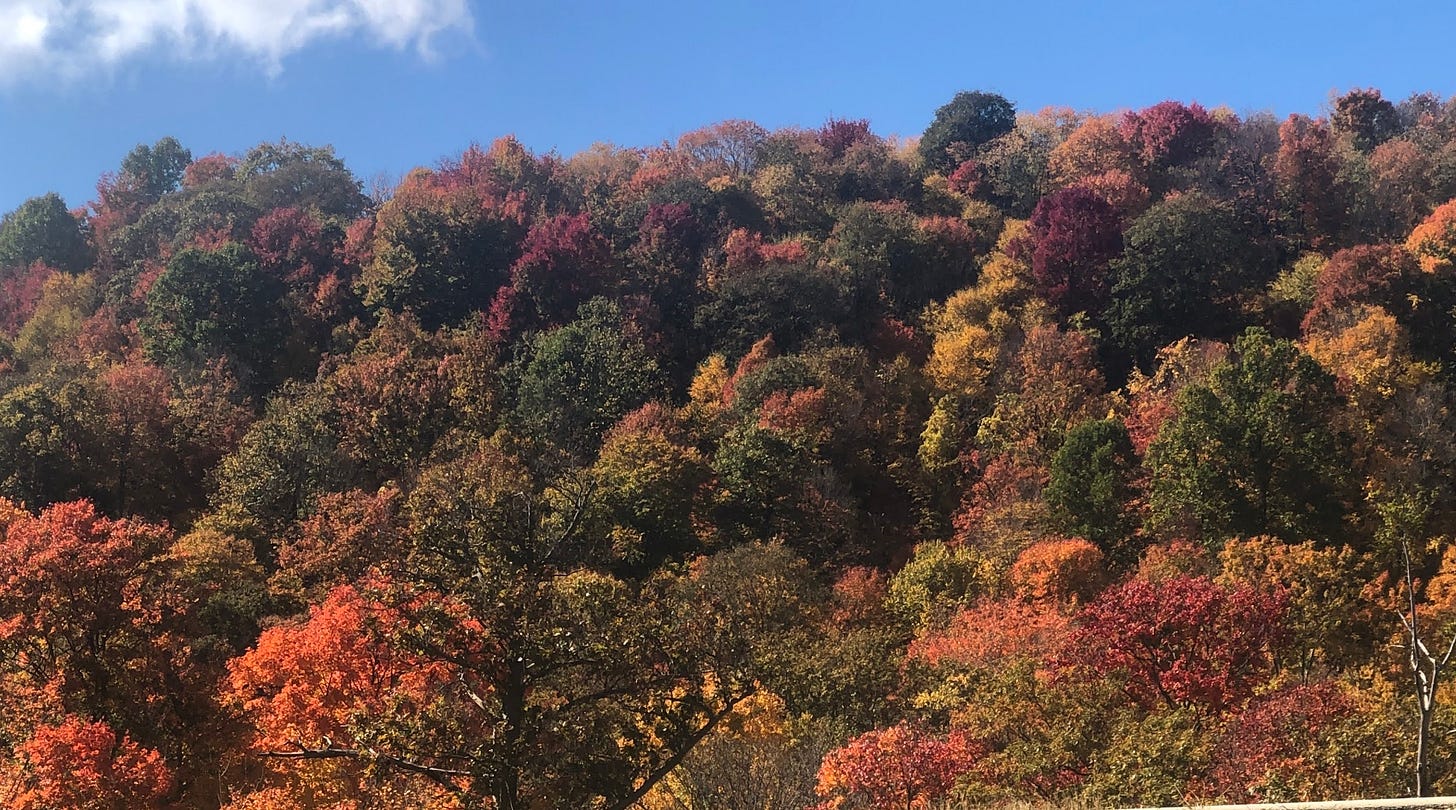Vedanta - Dharma & Karma - Īśāvāsya upaniṣad - Sloka 2
ஈசனின் உறைவிடம் - பண் 2 - அறன் வலியுறுத்தல்
Sanskrit Sloka
कुर्वन्नेवेह कर्माणि जिजीविषेच्छतं समाः ।
एवं त्वयि नान्यथेतोऽस्ति न कर्म लिप्यते नरे ॥ २ ॥
Meaning in Tamil:
விதித்திட்ட வழிதனிலே வினைபுரிந்து
விழைந்திடுவாய் நீ நூறாண்டு காலம் வாழ !
பலன்தவிர்த்து பணிபுரியும் அவ்வினையால்
பற்றாதே தீவினைகள் மானிடனே உன்மீது !
Understanding the Sloka
The First Sloka was a call to renounce. There is no point in running after the pleasures the world has to offer. These pleasures are momentary. If we run after them, we will only land ourselves in trouble, for the pleasures will soon be gone and we will suffer.
But not everyone is in a position to renounce yet they want happiness and peace. Remember the Kurukshetra Battle Field Dialogue! Arjuna queries Lord Krishna as to why he should get into action when knowledge without action is better than work. Lord Krishna says that He advocates a two-fold way of life, the path of knowledge for men of contemplation and that of works for men of action. The entire Chapter 3 of Bhagvad Gita is a treatise on Action/Karma Yoga for men of action. This second Sloka of this Upanishad is the summary of the science of action while the first one is for the men of contemplation.
This Sloka means that “Thus working may you live a hundred years. Thus alone, will you work in real freedom”. A man may wish to live for a hundred years, performing his duties as prescribed by the scriptures. O man, if you do your duties in this way, then the results of whatever you do will not cling to you. There is no other way.
It tells them that there is no harm if they want to live a long life live for, say, a hundred years. They may live that long, but they must fulfil their desires strictly according to the rules laid down by the scriptures. This will slowly lead to the purification of the mind that is, the hankering for sense pleasures will go, the spirit of discrimination will grow strong, and love for Self-knowledge will develop. When this happens, they will no longer be attached to the fruits of what they have been doing all their lives. The end result is that they will be ready for the life of renunciation. This is the only way for people who cannot immediately renounce. They need not feel lost. They can take time. But sooner or later they have to come to the path of renunciation. Till then they must follow the path as defined here.
நல்வினைகள், தீவினைகள் இரண்டும் கலந்து ஒரு பெரும் கடலாக மாறி நம்மை அதில் அமிழ்த்து விடும். அதில் மூழ்காமல் பத்திரமாகக் கரையேறுவதற்கு நமக்கும் நம் உறவுகளுக்கும் களைப்பைப் போக்கி உதவுகின்ற தோணிகளாக இரண்டு வழிகள் உள்ளன. அழியாப் புகழை உடைய இறைவனைப் பற்றிக் கொண்டு அறச் செயல்களைப் புரிந்து வாழ்வது ஒரு வழி. இல் வாழ்வில் இருந்து கொண்டே அறச் செயல் புரிந்து கொண்டு வாழ்வது மற்றொரு வழி. இரண்டுமே மறுமைக்குத் துணையாம் என்பதனை திருமூலர் திருமந்திரத்தின் 258 வது மந்திரம் கூறுகிறது;
திளைக்கும் வினைக்கடல் தீர்வு உறுதோணி
இளைப்பினை நீக்கும் இருவழி உண்டு;
கிளைக்கும் தனக்கும் அக்கேடு இல் புகழோன்
விளைக்கும் தவம் அறம் மேல்துணை ஆமே.
மேலும், அறவழியில் வாழ்வதனால், இறை உலகம் எளிதென்பதை, திருமூலர் திருமந்திரத்தின் 265 வது மந்திரம் கூறுகிறது;
வழி நடப்பார், இன்றி , வானோர் உலகம்
கழி நடப்பார்; நடந்தார் கரும்பாரும்
அழி நடக்கும் வினை ஆசு அற ஓட்டிட்டு
ஒழி நடப்பார், வினை ஓங்கி நின்றாரே.
இக்கருத்தினையே திருவள்ளுவர்
அறன்எனப் பட்டதே இல்வாழ்க்கை அஃதும்
பிறன்பழிப்பது இல்லாயின் நன்று
என்றும் பின்னர் அறன்வலியுறுத்தல் எனும் அதிகாரத்தில்
சிறப்புஈனும் செல்வமும் ஈனும் அறத்தினூஉங்கு
ஆக்கம் எவனோ உயிர்க்கு.
இடுக்கண் படினும் இளிவந்த செய்யார்
நடுக்கற்ற காட்சி யவர்.
என எடுத்துரைக்கிறார்.
அறன் வலியுறுத்துதலே இந்த இரண்டாவது உபநிட மந்திரத்தின் சாரம்.





Very nice, thank you for this, requesting you to categorize/consolidate your blogs from website & this for better access to seekers. Hari Om
அருமை.